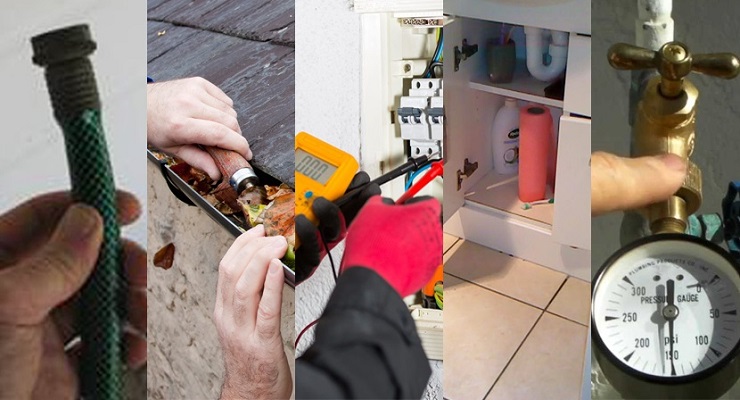Nicholas Blank-Spandoni was your typical school kid growing up, until he developed a hearing problem. With the help of the HEAR center, a non-profit dedicated to helping people of all ages be a part of the hearing and speaking world, he managed to overcome his challenges and live a more normal life.
During the HEAR Center’s 32nd Annual Golf Tournament, Blank-Spandoni was invited to be the featured speaker and talk about his experiences.
Here is what he has to say:
“In elementary school like other elementary school kids, I was screened for hearing. There were discussions with my parents, but it was not really an issue…” Blank-Spandoni tells us. However, in middle school, he started to notice a ringing in his ears. But because of the slow onset, he really didn’t give it much thought. It grew worse over time, where he would turn up the radio just a little more each day.
By the time Blank-Spandoni was in high school, “It was pretty pronounced… I used to ask people to repeat themselves now and again but I never thought of myself as somebody with a hearing impairment,” he says. It was during high school that Blank-Spandoni’s issue was given a name. After his latest hearing screening, his teacher “showed me some papers that had my name, and then, ‘High Frequency Bilateral Hearing Loss,'” was written.
In college, his hearing problems were pretty obvious and he would joke around with his friends who had vision problems. “Sometimes there were jokes about not being able to see and jokes about me not being able to hear,” he says. After college, things got worse for Blank-Spandoni, to the point when others would tell him to seek some help. “The thing is,” he says, “I’ve had my ears checked out for the last 25 years. We knew exactly what’s going on. There’s not really much else to check at this point.”
Blank-Spandoni started checking out hearing aids and finally found his way to the HEAR Center in Pasadena.
“I found out more in the first meeting or two with Gayl, my audiologist, at the HEAR Center than I had in 25 years of actually having had the hearing loss! Every time I’d have my hearing screened, it produces what they call audiograph, which is a kind of a little line graph. I had never really known anything, except that it meant I didn’t hear very well,” Blank-Spandoni explains.
To give an idea of what his world sounds like, Blank-Spandoni tells us that “vowels had a lower frequency; they’re pronounced at a lower frequency than consonants. So what happens is I would hear something that rhymed with what people said. I would hear the vowels but sometimes I would mistake the consonants.”
Blank-Spandoni’s hearing aids, therefore, are designed for his type of hearing loss where it doesn’t necessarily turn everything up to make the world louder, but rather “it only turns up some of the spectrum of sounds. And essentially, the part that would be most responsible for enunciating consonants, and ultimately what makes something rhyme is the matching vowel sound,” Blank-Spandoni explains.
Blank-Spandoni tells of one of his experiences:
“I got a message from a Tiffany Samari. I’d call the number and say I’m returning Tiffany’s phone call. And they’d say there’s nobody here with the name Tiffany. And I would say, ‘Well, that’s kind of strange, I got a message from Tiffany. This is the number they left, and so I’m trying to return the call. It’s from what sounded like Tiffany Samari,’ and then they would say, ‘Oh, maybe you mean Stephanie Sanadi!’ Blank-Spandoni explains, “They rhyme, so you can mistakenly substitute in some of the consonants. Ultimately if somebody named Stephanie leaves a message, I could think its Tiffany. I’d return a call asking for Tiffany, but there is only a Stephanie there.”
Blank-Spandoni will be graduating from USC with his PhD. Though his hearing won’t ever be perfect, with the help of the HEAR Center, he is now able to live a successful life in the hearing world.
“For me, it’s a huge benefit, because I can hear what people are saying, I don’t have to ask them to repeat themselves,” Blank-Spandoni’s says.
The HEAR Center is located at 301 East Del Mar Blvd., Pasadena. To learn more visit http://www.hearcenter.org for more details or call (626) 796-2016. The HEAR Center accepts Medicare and is now accepting PPOs.













